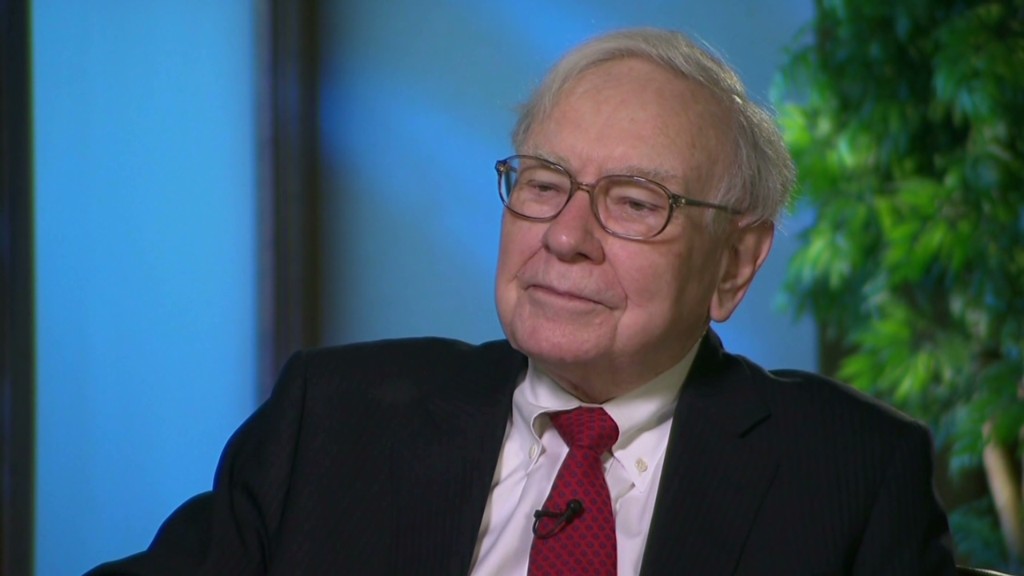
European finance ministers said Thursday they had reached a deal that will bring the continent's banks under a single supervisor.
The measure is the latest attempt to alleviate pain caused by the region's debt crisis, and could help standardize the oversight of banking operations in Europe.
The European Central Bank will play a leading role under the deal. As supervisor, the ECB should be able to force banks to raise more capital -- with minimal interference from national governments.
"The European supervisor is a big step to having effective and coherent supervision of all banks in eurozone and participating countries," Michel Barnier, the EU internal market and services commissioner, said on Twitter.
The earliest the ECB could begin its full supervisory role is March 2014. The deal still must win approval from select national governments and European Parliament.

By giving the European Central Bank the power to supervise the region's lenders, the EU hopes to begin building a firewall between weak banks and national governments.
Related: Italian politics returns to haunt Europe
Ireland was bailed out by the EU after it was forced to pump capital into its banking sector, while Spain has been granted funds to keep its banks afloat.
Banks in other eurozone states, including Italy, are facing a further deterioration in asset quality as the recession grinds on, undermining capital levels. Supervision by the ECB would allow failing banks to draw directly from the eurozone's €500 billion rescue fund -- the European Stability Mechanism -- without their governments falling deeper into debt as a consequence.
Non-eurozone states will be allowed to join the banking union, but will require the signing of additional agreements. Those countries will be granted "full and equal voting rights on the supervisory board," according to the EU.
The United Kingdom won't join the banking union. It supports the plan, but wants guarantees that London's financial services sector will not be put at a disadvantage.


